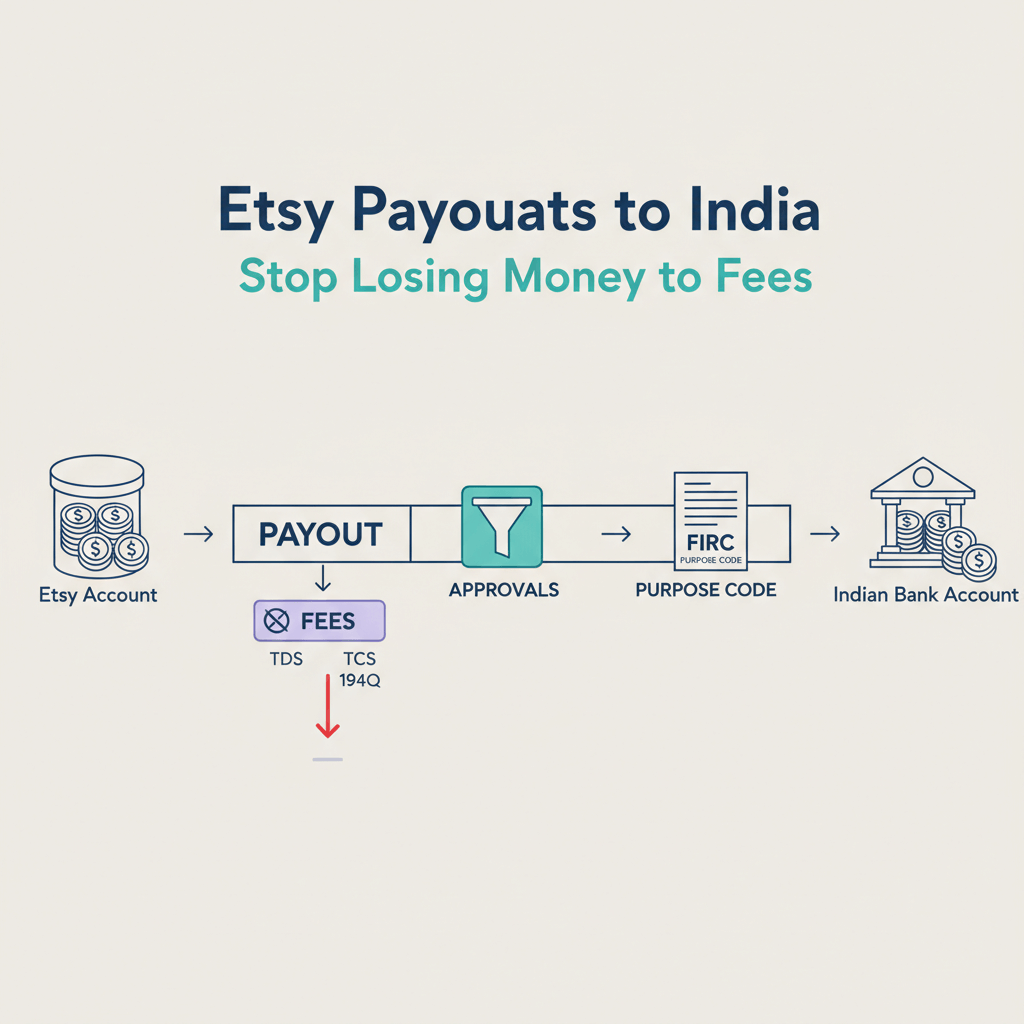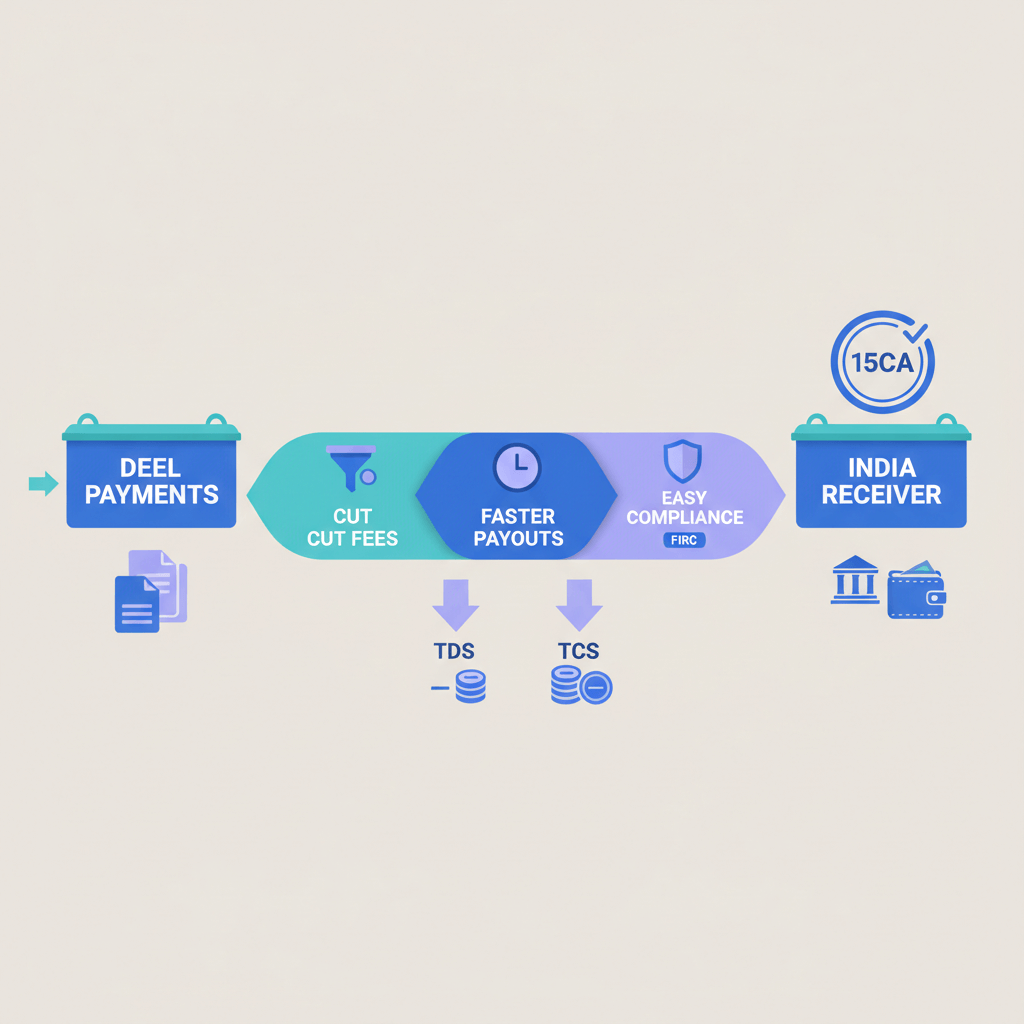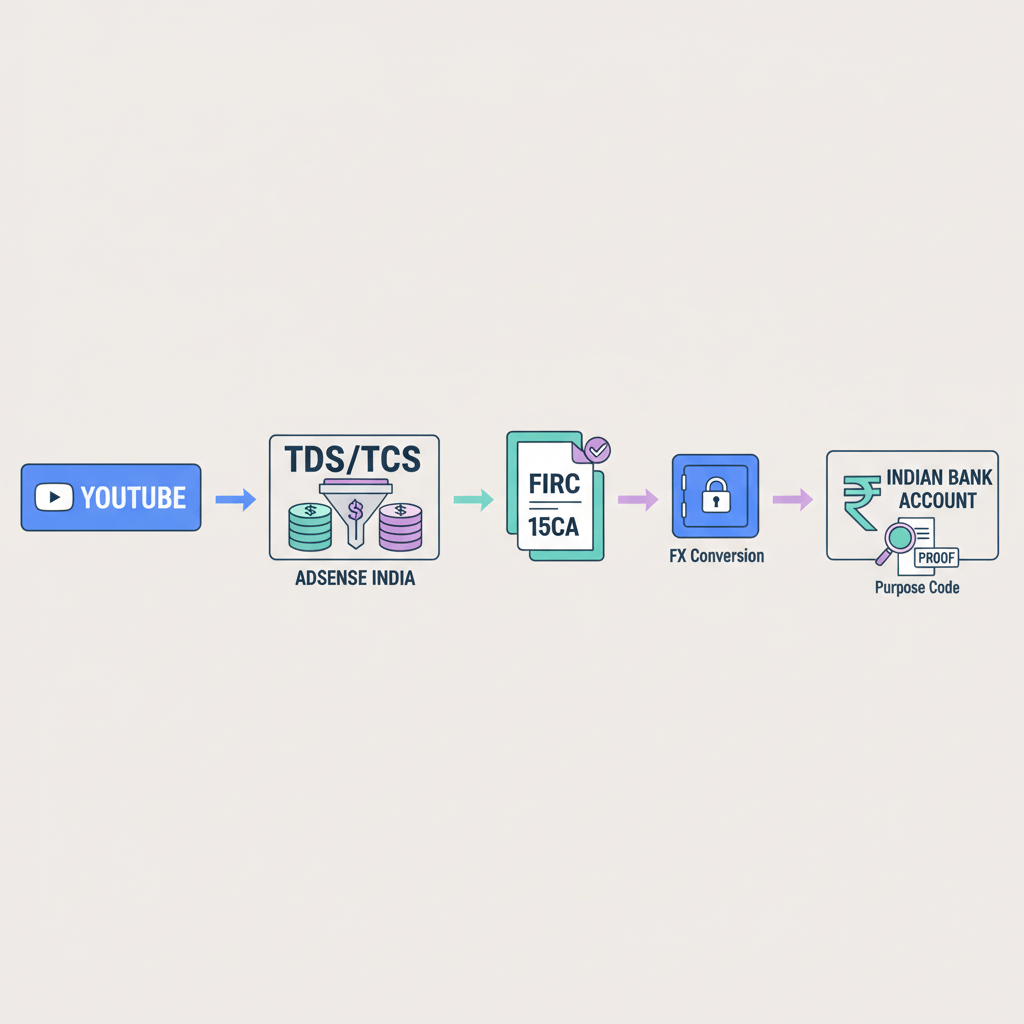Currency conversion fee vs Foreign transaction fee.
Are they the same? Or are they different?
Exploring global transactions means figuring out different fees. Two terms often mixed up are currency conversion fee and foreign transaction fee. These fees are important in figuring out how much it really costs to do transactions between countries.
In this blog, we'll look closely at currency conversion fees and foreign transaction fees to see what makes them different.
Let’s dig in!
What is a foreign currency conversion fee?
A currency conversion fee is a charge added by banks or other services when you change money from one currency to another. This usually happens when you're doing transactions in a foreign country, and the money used is different from the currency linked to your account.
When conducting a purchase or financial transaction in a currency different from your account's denomination, a conversion is necessary to settle the transaction. Financial institutions or credit card companies often provide this service, but they commonly impose a fee for facilitating the currency conversion.
The currency conversion fee is usually expressed as a percentage of the transaction amount and can vary among different providers. It is crucial to be aware of these fees as they contribute to the overall cost of international transactions. Some credit cards or banks may charge both a conversion fee and an additional margin on the exchange rate, which further impacts the effective cost of the conversion.
It is recommended to check with your financial institution or credit card provider to understand their specific policies regarding currency conversion fees and to explore options that may offer more favorable terms for your international transactions.
What is a foreign transaction fee?
The foreign transaction fee typically ranges from 2% to 4% of the transaction amount. However, it can vary depending on the bank or financial institution and the type of card being used.
What is the international transaction conversion fee?
A foreign transaction fee is a charge that banks or other services may ask for when you're doing transactions that include changing money from one currency to another. Usually, this fee comes into play when you're dealing with money in a currency that's not the main one for your account.
When participating in a financial transaction using a foreign currency, a conversion is required to complete the transaction. Although financial institutions or credit card companies typically provide this conversion service, they often apply a fee for facilitating the currency exchange.
The foreign transaction fee is usually expressed as a percentage of the transaction amount and may vary across different providers. It is crucial to be aware of these fees as they contribute to the overall cost of international transactions. Some credit cards or banks may impose both a foreign transaction fee and an additional margin on the exchange rate, impacting the effective cost of the conversion.
Currency conversion fee vs Foreign transaction
Difference between Currency conversion fee and Foreign transaction
Currency Conversion Fee:
If you possess an Indian bank credit card and engage in an online transaction on a U.S.-based website with the transaction denominated in U.S. dollars, your bank might apply a currency conversion fee. This fee typically ranges from 3-5% of the transaction amount and is levied to convert Indian Rupees to U.S. dollars.
Foreign Transaction Fee:
Imagine using your Indian debit card to take out money from an ATM in another country. In addition to the charge for converting currencies, your bank might add another fee called a foreign transaction fee. This extra cost could be a set amount or a percentage of the cash you withdrew, and it's meant to help cover the expenses of handling the international transaction.
Who Governs the Exchange Rates?
In India, the determination and oversight of exchange rates are primarily conducted by the Reserve Bank of India (RBI), serving as the central banking authority in the country. The RBI plays a pivotal role in devising and executing monetary policies, which encompass interventions in the foreign exchange market aimed at regulating and maintaining stability in the value of the Indian Rupee (INR) against various other currencies. Furthermore, the government may also participate in influencing exchange rates through its economic policies and collaborative interventions with the central bank.
FAQ’s
What is a foreign adjustment fee?
A foreign adjustment fee is a charge added by banks or financial companies when you use your card in another country or buy things online in a different currency. It helps cover the costs of changing the money and handling the transaction overseas.
What is the difference between a foreign exchange rate adjustment fee and a foreign transaction fee?
The currency conversion charges for Foreign Exchange Rate Adjustment deals with fluctuations in exchange rates that occur during a transaction, compensating for currency value changes. On the other hand, the Foreign Transaction Fee encompasses the expenses associated with processing transactions conducted beyond your home country, covering aspects such as currency conversion fees and administrative costs.
How do you avoid foreign exchange rate adjustment fees?
To steer clear of foreign exchange rate adjustment fees, consider these strategies:
- Utilize credit or debit cards that don't charge foreign transaction fees.
- Opt to pay in the local currency while abroad to bypass dynamic currency conversion fees.
- Explore prepaid travel cards offering favorable exchange rates and minimal fees.
- Use currency exchange services with transparent fee structures and competitive rates.
- Plan your expenditures carefully. Try to minimize cash withdrawals from ATMs, especially those outside your bank's network. By withdrawing larger amounts less frequently, you can reduce the number of transaction fees incurred during your travels.
How can I avoid currency conversion fees?
To steer clear of currency conversion fees, explore the following strategies: utilize multi-currency accounts, choose local currency payments, acquire cards without foreign transaction fees, research currency conversion charges structures, investigate online payment platforms, leverage prepaid travel cards, negotiate with your bank, consolidate larger transactions, stay informed about exchange rates, and consider fintech solutions. Always review terms to comprehend fee structures and potential currency conversion fees.
Which bank has no foreign transaction fee?
Some Indian banks may offer credit or debit cards with no or lower foreign transaction fees. One example of a credit card in India with no foreign transaction fee was the HDFC Bank Regalia Credit Card.
Do all banks charge currency conversion fees?
Yes. While most banks impose fixed and non-negotiable currency conversion fee , Karbon Forex takes a different approach. We align our markup fee with your current bank offers and, in some cases, can facilitate transactions at a more favorable rate. Reach out to us for further details on reducing foreign outward remittance fees and optimizing your currency transactions.











